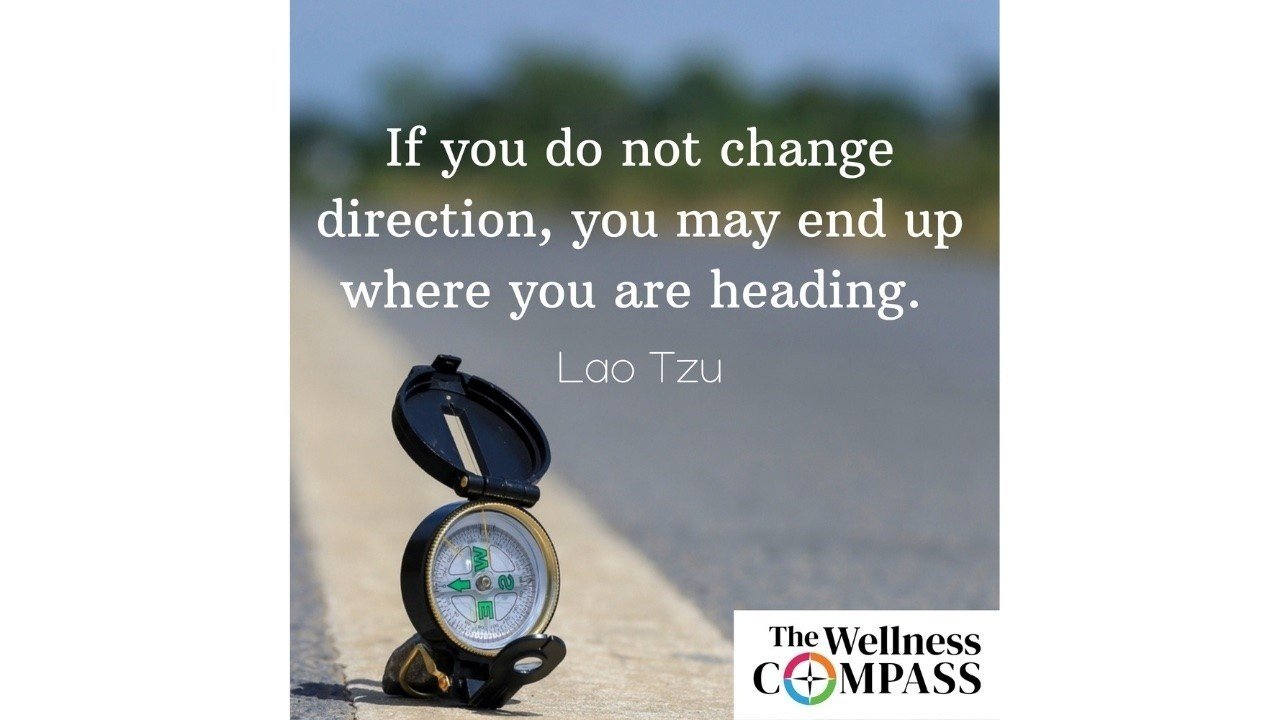Are You Handling Your Emotions or Are They Handling You?
The title question for this column, “Are you handling your emotions, or are they handling you?” is timely given the chronic stress that we have all been facing the last year and a half. My answer to this question is, “Yes!” Yes, there are times when I am handling my emotions, and yes, there are times when my feelings are handling me. One of the warning signs I recognize in myself when I am not managing my emotions well is that I am irritable and impatient in my communication with others. Perhaps this is why I resonate with the advice that when it comes to good communication, it is wise to strive to, “Say what you mean. Mean what you say. Don’t say it mean.”
There is much wisdom in these three short sentences. Like many wise sayings, it takes a moment to memorize, but a lifetime to master. Let’s reflect briefly on each of these three sentences.
“Say what you mean” describes the importance of having the emotional intelligence to recognize and express the full range of our emotions. For example, if I am sad or scared, and if I am not mindful, I might express those feelings as anger or criticism, when it would be far healthier to be vulnerable enough to share what I am really feeling. Being thoughtful and honest about what we really mean is good for ourselves and those with whom we are in relationship.
“Mean what you say” invites us to reflect on what we are communicating so that it is an accurate expression of what we are feeling. For example, “You never help me clean up around here” is probably not accurate and indeed not helpful. Much better is, “The last week or so, I have felt like I have been doing most of the household chores. You may have a different perspective, but in any case, I want to talk about how to rebalance all this better going forward.” The person who is frustrated in this example probably doesn’t really mean that the other person never helps out, and escalating their words to that level greatly reduces their chance of being heard.
“Don’t say it mean” is often the most challenging advice for many of us to follow. Somewhere along the line, it seems we got the idea that we can increase our chances of being heard by raising our voices in anger. Yet, we know that attempting to increase our persuasive power by raising our voices actually has the opposite effect. People instead shut down and stop listening when we are mean.
On the podcast that corresponds with this column each week, I shared the story of a youth soccer coach who screamed at his players regularly. When I reflected this back to him and asked him why he did this, he replied it was because his players never listened to him. The coach and I talked some more, and he had a minor breakthrough as he began to see a possible connection between his “saying it mean” and their not listening. His frustration was clearly handling him, and I was trying to give him some insight into how perhaps he could begin to manage his feelings more productively and in turn, get his players to pay more attention to his words.
It is natural at times to be overwhelmed by our emotions and to feel like they are handling us rather than that we are handling them. Whenever we find ourselves overwhelmed, it is wise to call a timeout and wait until we are sure we won’t say or do something we’ll later regret. When we have calmed down, we will be more able to “say what we mean, mean what we say, and not say it mean.”
It takes a lifetime to master this wisdom. Any of us, at times, can and will “say it mean.” It happens to all of us, and when it does, we need to be careful not to be too hard on ourselves. We simply and humbly need to apologize, learn from what happened, and grow a little wiser when it comes to handling our emotions.
Making It Personal:
Which of the three parts of this saying is most challenging for you, “Say what you mean. Mean what you say. Don’t say it mean?”
‘Saying it mean” is one manifestation of not handling or expressing our emotions well. Can you think of others?
Is there a particular person or relationship in your life with whom you would like to practice the advice of “Say what you mean. Mean what you say. Don’t say it mean” this week?






